The Ministry of Finance is assigned to report to the Government this March to issue a resolution, allowing a pilot operation of a virtual currency exchange so that investors, organizations and individuals in Vietnam have a place to trade.
On the afternoon of March 5, answering at the Government press conference, Deputy Minister of Finance Nguyen Duc Chi said that digital assets, digital currency or virtual currency is a very complicated and new issue, not only for Vietnam but also for many other countries in the region and the world .
Therefore, according to Mr. Chi, it is necessary to conduct thorough research to provide a legal framework and methods towards transparent activities related to virtual assets and digital assets, as well as serving the economic and social development of each country.
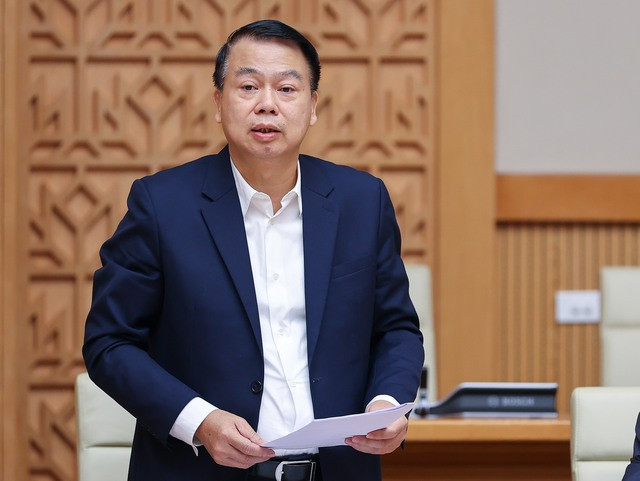
The Prime Minister of Finance also informed that the Prime Minister has urgently directed to study and develop a legal framework for this activity.
"Earlier this week, the Prime Minister chaired a meeting of the Government Standing Committee to listen to the Ministry of Finance and relevant ministries and branches report on virtual currency and orientations for building a legal framework related to virtual asset and virtual currency activities in Vietnam," said Mr. Chi.
Accordingly, the Ministry of Finance has been assigned to report to the Government this March to issue a resolution, allowing a pilot operation of a virtual currency exchange so that investors, organizations and individuals in Vietnam have a place to trade, invest and buy and sell.
This virtual currency exchange is organized by a business unit licensed by the State and the State will protect the legal and legitimate rights of organizations and individuals.
The Ministry of Finance is also assigned to preside over and coordinate with relevant ministries, branches and agencies to promptly develop legal regulations allowing Vietnamese enterprises and organizations to issue virtual assets to mobilize financial resources for production and business activities.
Thereby, to develop Vietnam's economy, serve growth goals, as well as catch up with the general trend of the world and region in virtual assets and digital assets.
"We can catch up and not let Vietnam fall behind in this issue," Deputy Minister Chi affirmed.
At a working session with the Central Policy and Strategy Committee on February 24, General Secretary To Lam agreed with the proposal of the Central Policy and Strategy Committee on the need to soon manage this currency as a virtual asset to avoid negative impacts on the economy and social issues, while helping to contribute value to the country's economy.
The General Secretary noted that the National Assembly and Government agencies need to soon institutionalize and specify the management of this field; study and apply a controlled pilot mechanism (sandbox) to establish a "Trading Floor" for this activity.
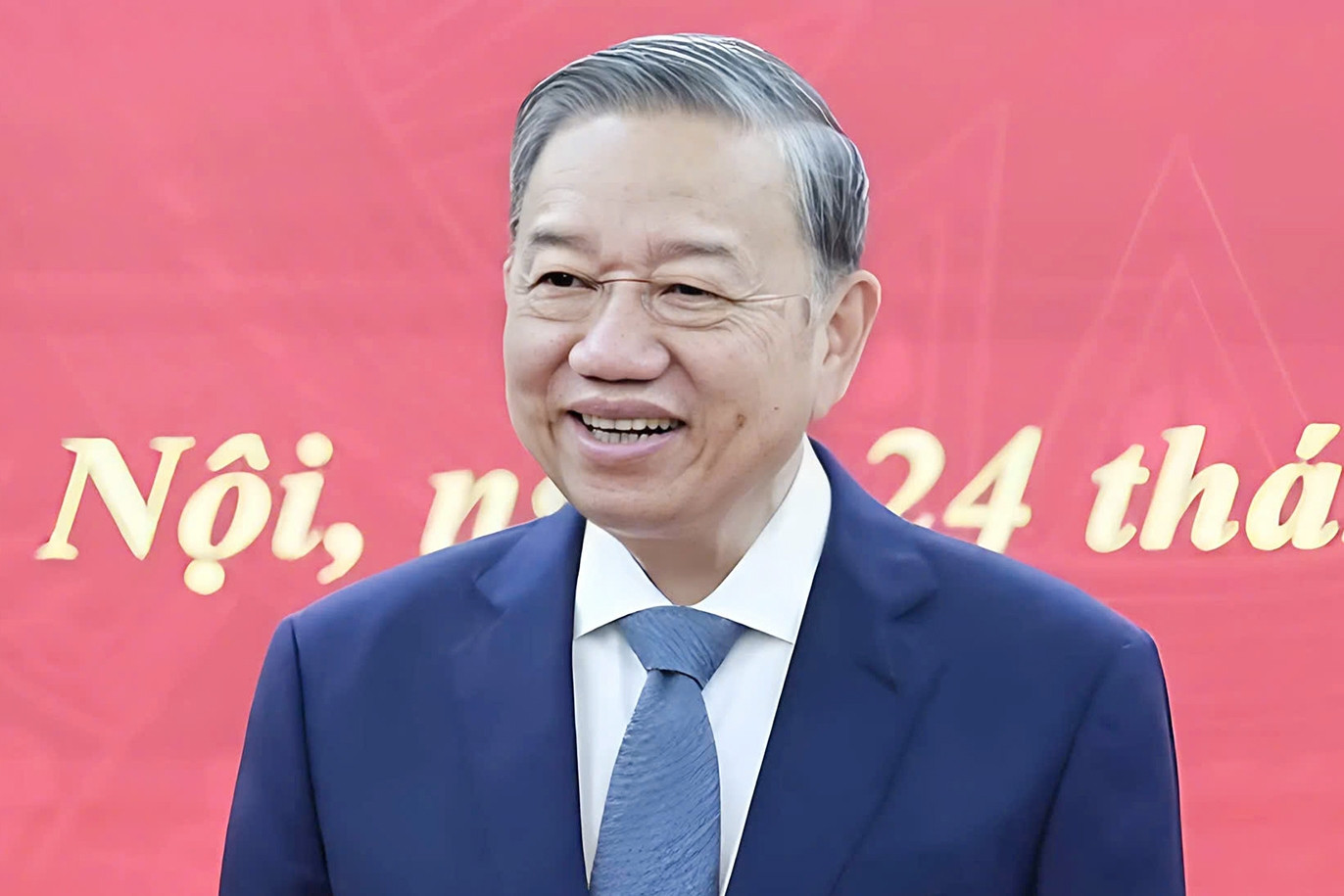
General Secretary: Establish a 'national housing fund', research 'duty-free ports'
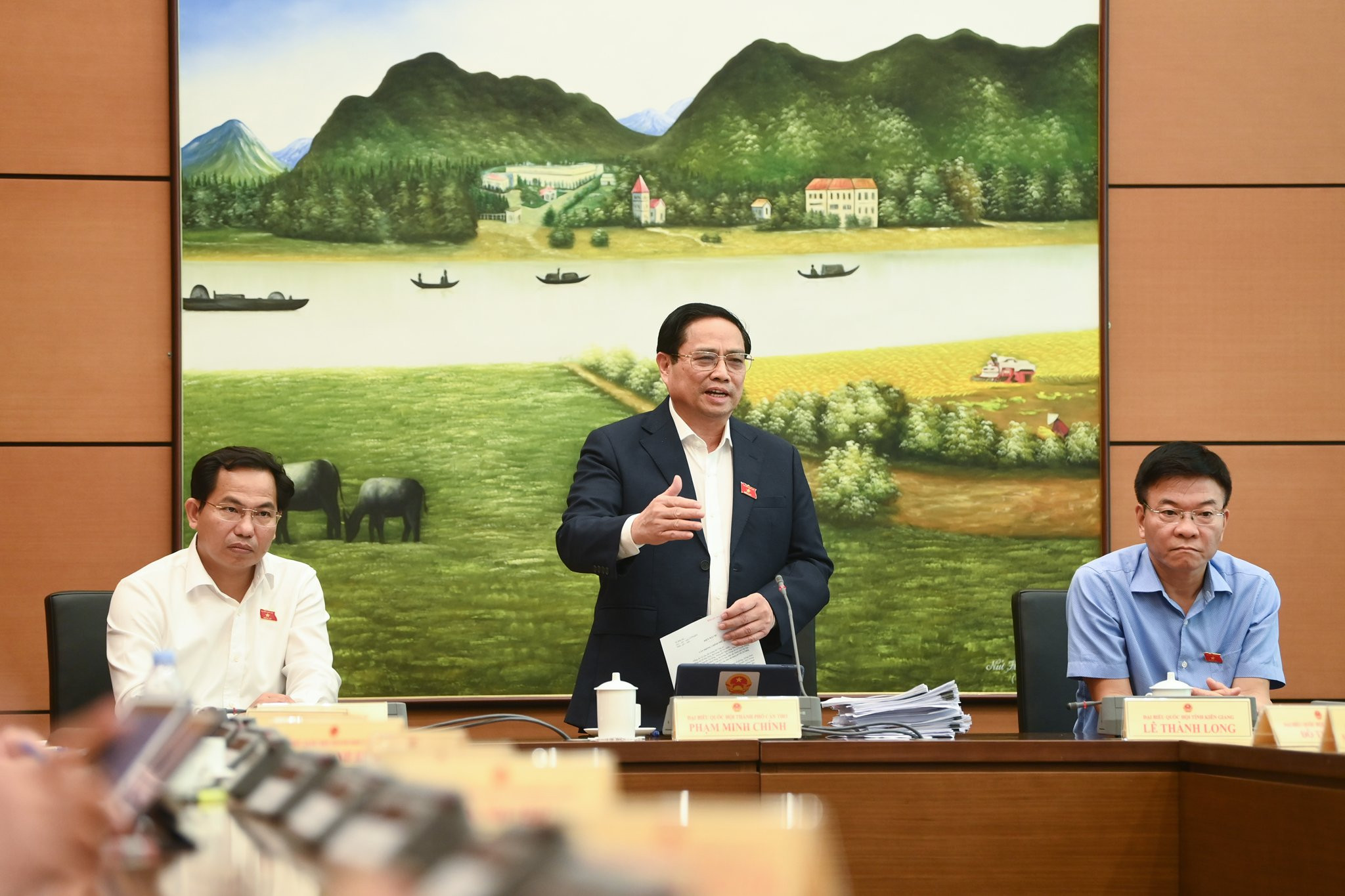
Prime Minister 'impatient' as legal gaps remain on virtual currency
Source: https://vietnamnet.vn/thu-truong-bo-tai-chinh-viet-nam-se-cho-phep-thi-diem-san-giao-dich-tien-ao-2377708.html


![[Photo] Readers line up to visit the photo exhibition and receive a special publication commemorating the 135th birthday of President Ho Chi Minh at Nhan Dan Newspaper](https://vphoto.vietnam.vn/thumb/1200x675/vietnam/resource/IMAGE/2025/5/17/85b3197fc6bd43e6a9ee4db15101005b)

![[Photo] More than 17,000 candidates participate in the 2025 SPT Competency Assessment Test of Hanoi National University of Education](https://vphoto.vietnam.vn/thumb/1200x675/vietnam/resource/IMAGE/2025/5/17/e538d9a1636c407cbb211b314e6303fd)
![[Photo] Prime Minister Pham Minh Chinh chairs meeting on science and technology development](https://vphoto.vietnam.vn/thumb/1200x675/vietnam/resource/IMAGE/2025/5/17/ae80dd74c384439789b12013c738a045)









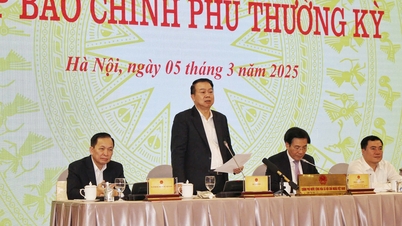

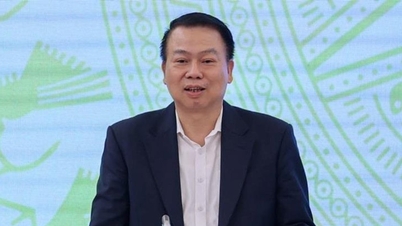



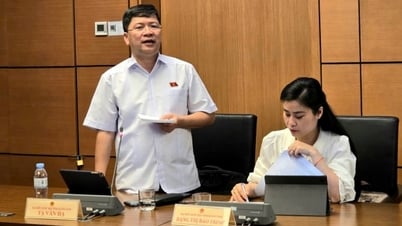

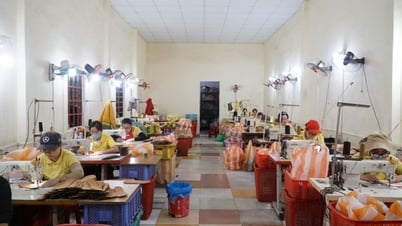











![[Photo] Nearly 3,000 students moved by stories about soldiers](https://vphoto.vietnam.vn/thumb/1200x675/vietnam/resource/IMAGE/2025/5/17/21da57c8241e42438b423eaa37215e0e)






















































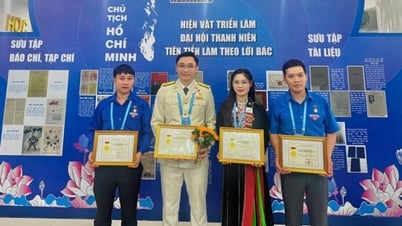


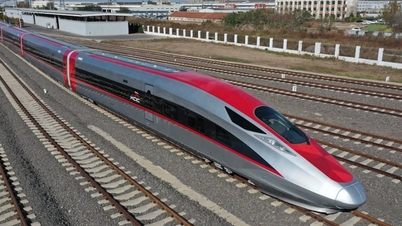











Comment (0)